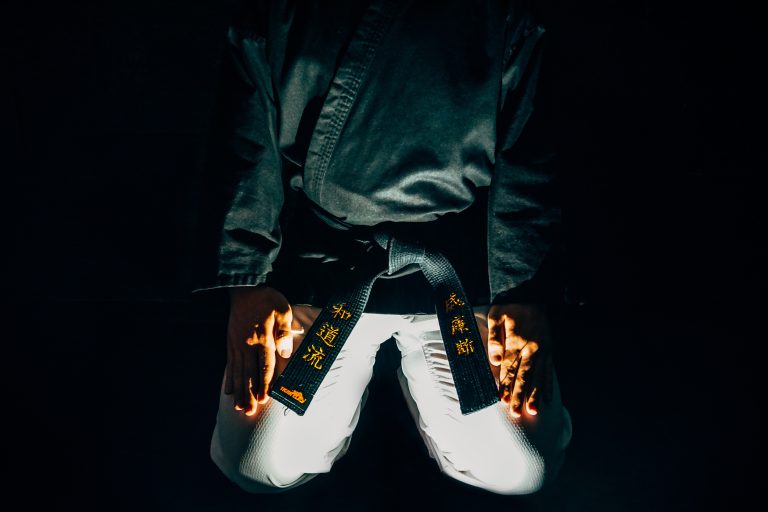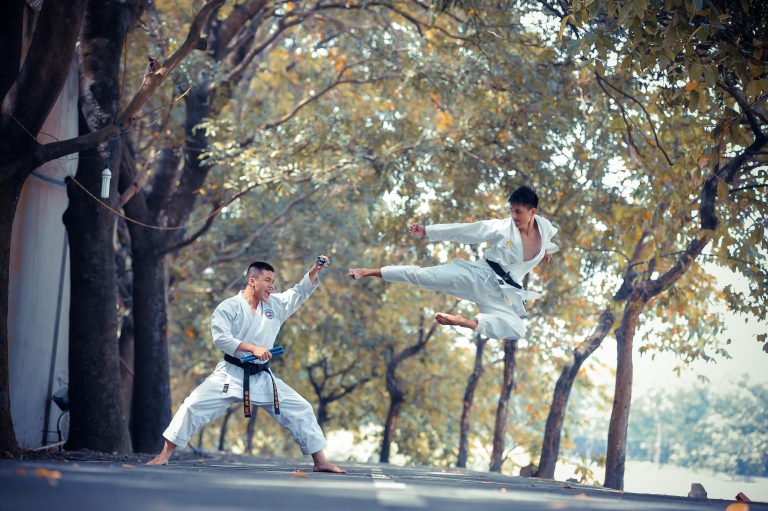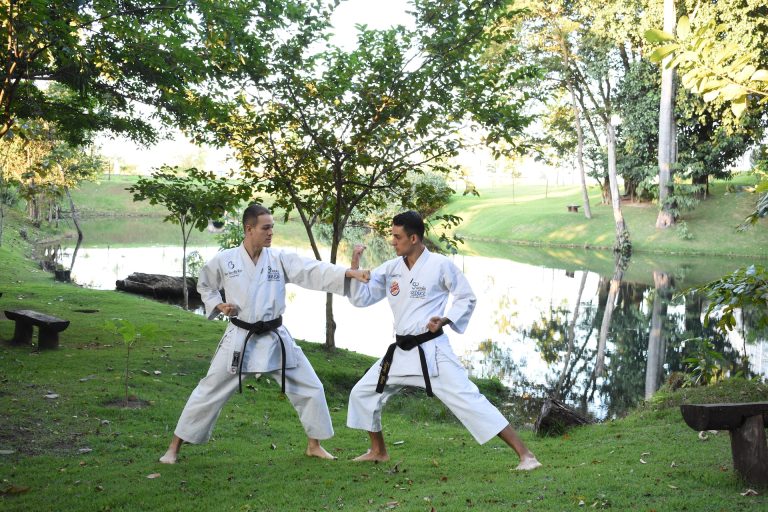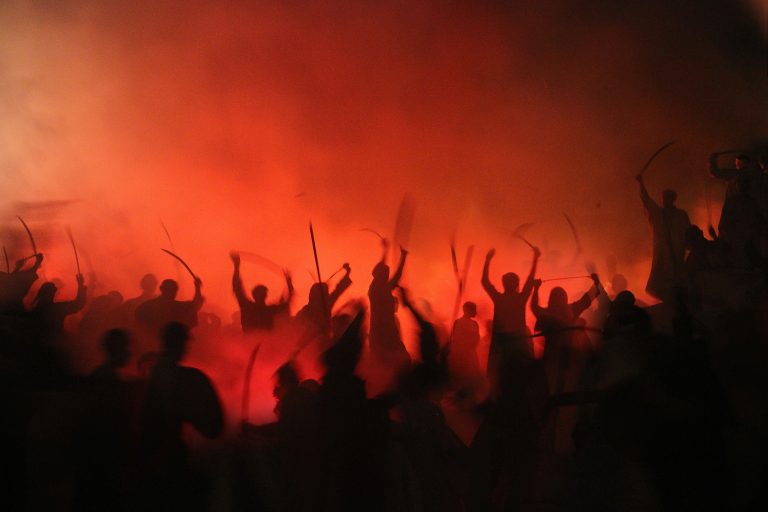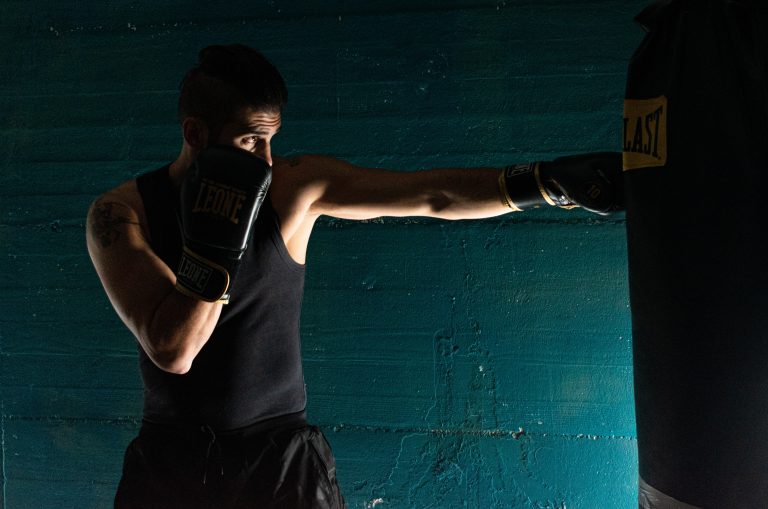Karate: What Martial Arts Have Karate Trained?
Karate is one of the most popular martial art forms today. It is best known for its powerful and fast strikes, as well as its effectiveness in self-defense. But did you know that karate shares many similarities with other martial arts? In this article, we’ll explore what martial arts have karate trained.
1. Taekwondo
Taekwondo is a Korean martial art that mainly focuses on kicks, quick movements, and flexibility, making it the perfect complementary training to karate. Compared to karate, taekwondo lacks upper-body striking techniques, which karate can supplement.
Moreover, both taekwondo and karate stress on competition, where participants spar against one another in formal tournaments. Karate also borrows some taekwondo’s kicking techniques, creating an opportunity for students to develop a more versatile kick repertoire.
2. Judo
Judo is a Japanese martial art that focuses on throws, takedowns, and grappling techniques. While this may seem different from karate’s striking focus, judo and karate both originate from Japan, and over time, they have blended together, creating a martial art called Goshin Jitsu, meaning “self-defense technique.”
Goshin Jitsu incorporates both striking and grappling techniques, making it an effective all-around martial art. Students can use the striking techniques from karate to create distance between them and their opponent before then throwing them off balance with judo techniques.
3. Kung Fu
Kung Fu is a Chinese martial art that shares many similarities with karate. Both martial arts are striking-based, emphasizing powerful strikes to vital areas along the body. Kung Fu, however, is more fluid in its movements compared to the linear, hard strikes of karate.
Kung Fu is also a philosophy as well as a martial art, practicing the art’s inner aspects along with the physical techniques. Students in both karate and Kung Fu aspire to a higher state of being through discipline, patience and perseverance.
4. Brazilian Jiu-Jitsu
Brazilian Jiu-Jitsu is another example of a martial art that complements karate. Brazilian Jiu-Jitsu focuses on ground techniques and submissions, making it the perfect counterpart for karate’s striking techniques.
Students can use karate’s strikes to set up takedowns, leading into the more grappling-focused techniques of Brazilian Jiu-Jitsu. Also, both martial arts emphasize the importance of discipline and perseverance, with Brazilian Jiu-Jitsu training characters in the highest level of humility.
Conclusion
Karate has trained many martial art forms and influences them as well. Learning multiple martial art forms might not only offers a more comprehensive approach to combat but also improve the skills of the other style. While each martial art is different in its own way, it’s clear how they can all complement each other to create a well-rounded martial artist.
FAQs about Karate: What Martial Arts Have Karate Trained?
If you are interested in martial arts, especially Karate, you might be curious about what other martial arts could be related to Karate. After all, Karate has become one of the most famous and widely practiced martial arts across the world.
In this post, we’ll answer some of the most frequently asked questions about the martial arts that have trained Karate.
What is Karate?
Karate is a martial art that comes from Japan. The word „karate“ means “empty hand” in Japanese. Indeed, Karate practitioners mainly use their hands, feet, and other body parts to execute various strikes, kicks, and punches.
Karate is now practiced globally, and it has many different forms depending on the organizations that manage it. However, all Karate styles aim to achieve discipline, humility, focus, and other values that make Karate an art of self-defense and self-improvement.
What martial arts have trained Karate?
Karate has a rich and complex history. Therefore, it’s associated with many other martial arts that have influenced its development over the years. Here are some of the most important martial arts that have trained Karate:
Jujutsu
Jujutsu is an ancient martial art that originated in Japan. It focuses on grappling, throws, joint locks, and other techniques that allow the practitioner to subdue an opponent without necessarily punching or kicking them.
Jujutsu has trained Karate significantly. Indeed, Gichin Funakoshi, the founder of Shotokan Karate, learned Jujutsu before he started teaching Karate. Many other Karate styles also include some Jujutsu techniques in their curriculum.
Kendo
Kendo is a Japanese martial art that involves fighting with bamboo swords called shinai. Kendo practitioners wear protective gear and aim to strike specific points on the opponent’s body to score points.
Kendo has also taught Karate in many ways. For instance, many Karate styles include weapons training that might include some Kendo techniques. In addition, both Kendo and Karate emphasize discipline, focus, and the cultivation of the „spirit“ or „ki.“
Boxing
Boxing is a western martial art that focuses on punching an opponent. It emphasizes speed, agility, and power of the hands. Some of the most famous boxers in history, such as Muhammad Ali and Mike Tyson, are renowned for their mastery of boxing techniques.
Boxing has also had a significant impact on Karate. Indeed, many Karate styles incorporate some boxing techniques in their training. For instance, some Karate schools teach the jab or the hook techniques practiced in boxing, while other schools focus on the footwork or the speed of the boxer.
Taekwondo
Taekwondo is a Korean martial art that emphasizes high kicks, fast footwork, and acrobatics. It has become one of the most popular martial arts worldwide, especially among children and teenagers.
Taekwondo and Karate share some similarities. For example, both emphasize balance, power, speed, and mental discipline. Also, some Taekwondo techniques involve strikes, blocks, and kicks that are similar to Karate techniques, such as the front snap kick or the sidekick.
Conclusion
Karate is a fascinating martial art with a rich history and a vast range of techniques. Its development has been influenced by many other martial arts, such as Jujutsu, Kendo, boxing, and Taekwondo.
While Karate has its distinct style and philosophy, it has also borrowed from other martial arts to refine its techniques and cultivate its values. For this reason, learning Karate can provide many benefits beyond self-defense, including physical fitness, stress relief, self-confidence, and mental clarity.
We hope this post has given you a better understanding of what martial arts have trained Karate. If you have any questions or comments, feel free to leave them below!
Inhaltsverzeichnis

